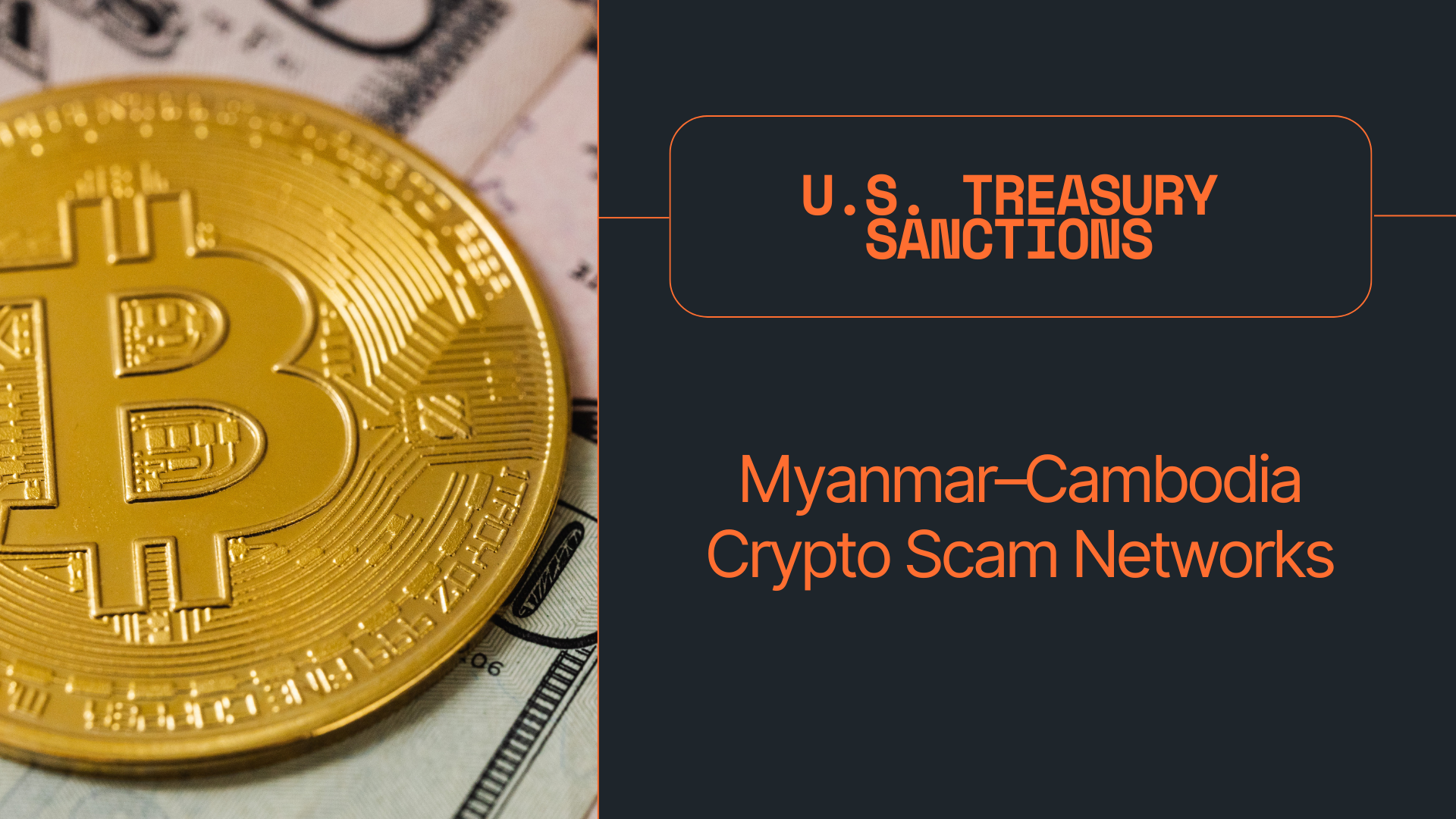
The United States has imposed sweeping sanctions on a network of online scam centers in Myanmar and Cambodia that U.S. officials say defrauded Americans of billions of dollars and relied on forced labor to run large-scale “pig-butchering” crypto fraud schemes. The designations from the Treasury Department’s Office of Foreign Assets Control (OFAC) aim to cut off the groups’ access to the U.S. financial system and choke their digital payment pipelines.
Announced on Sept. 8, 2025, the action adds nearly 20 individuals and entities to the Specially Designated Nationals (SDN) list, including nine targets in Myanmar tied to the notorious Shwe Kokko compound and ten in Cambodia linked to scam hubs in Sihanoukville and Bavet, according to Treasury and companion statements from the State Department. U.S. officials say the networks used romance and investment lures, social-engineering, and deepfake content to rope victims into high-yield crypto “investments,” then laundered the proceeds through shell firms and payment channels across Asia.
Why these sanctions matter
Treasury framed the move as part of a broader crackdown on Southeast Asia’s cyber-scam industry, which it estimates cost Americans at least $10 billion in 2024 alone—a staggering jump over prior years. Independent coverage pegs the losses in the ten-figure range and describes a sprawling ecosystem of compounds where trafficked workers are forced to operate call centers and fake trading “desks.”
Investigators say the hubs are not only financial crimes centers but also human-trafficking sites. Reuters reports that hundreds of thousands of people have been trafficked—especially along the Thai–Myanmar border—to work in scam compounds where they face coercion and violence. By blacklisting owners, operators, and front companies, OFAC seeks to isolate the organizations from payment processors, banks, and crypto services that must screen against sanctions lists.
Who was targeted
The Myanmar designations focus on Shwe Kokko, a long-standing criminal hub linked to the Karen National Army (KNA), which OFAC previously labeled a transnational criminal organization for enabling scams, human trafficking, and cross-border smuggling. The latest action widens that pressure to business fronts and operators said to provide cover, infrastructure, or money-movement services to the scam centers.
In Cambodia, OFAC listed a set of individuals and firms alleged to run compounds disguised as casinos, hotels, or office parks—particularly in Sihanoukville and Bavet—that push virtual-currency investment frauds. Names publicly posted on OFAC’s Recent Actions page include figures such as Xu Aimin, alongside corporate vehicles used to move or mask funds. (As with all sanctions, designated parties may seek delisting through the administrative process, and the listings include identifying details like addresses and passports.)
How pig-butchering scams exploit crypto rails
“Pig-butchering” scams typically groom victims over weeks or months via social platforms or messaging apps, then steer them to slick trading dashboards that show fake gains. Once victims send larger sums—often in stablecoins or other crypto—the money is siphoned to wallets controlled by the syndicates and cashed out through off-ramps or nested accounts. Analysts say many of the front-line “scammers” are themselves trafficking victims, compelled to run scripts under threat of violence.
U.S. agencies have been chipping away at these networks for more than a year. In May 2025, FinCEN identified Cambodia-based Huione Group as a primary money-laundering concern and proposed rulemaking to wall it off from U.S. finance; later that month, OFAC sanctioned Funnull Technology, accused of selling bulk IP addresses to scam operators. Monday’s designations extend that campaign from enabling infrastructure to operators and sites where the scams are orchestrated.
What the sanctions do in practice
Under OFAC rules, all property and interests in property of the designated persons that are in the United States or in the possession or control of U.S. persons are blocked, and U.S. persons are generally prohibited from dealing with them. The consequences ripple outward: exchanges, OTC desks, banks, and payment processors worldwide that serve U.S. clients typically integrate SDN screening and may exit relationships to avoid facilitation risk.
For crypto businesses, the message is unambiguous: tighten know-your-customer (KYC) controls, monitor for sanctions-evasion typologies, and be alert to wallets or merchants that resolve to sanctioned names, especially in Myanmar and Cambodia. Industry coverage notes OFAC’s recent pattern of naming intermediaries (IP vendors, shell banks, casino-fronts) that give scam syndicates their on- and off-ramps—raising compliance stakes for firms that touch high-risk corridors.
Regional and human-rights context
The scam industry has boomed amid regional instability following Myanmar’s 2021 coup and lax enforcement in parts of Cambodia. U.S. officials say the compounds exploit the vulnerable, luring or kidnapping workers from across Asia with promises of high-paying tech jobs before seizing passports and forcing them to defraud victims. The State Department, echoing Treasury, stressed that the action targets not only financial crime but also modern slavery in the scam centers.
Human-rights groups have documented prison-like conditions at certain sites, while some governments in the region insist they are cracking down. Still, the U.S. argues that coordinated sanctions—paired with law-enforcement cooperation and private-sector compliance—are essential to raise costs on operators who rely on cross-border payments and crypto liquidity to scale their fraud.
What’s next
Expect continued designations as investigators map out shell companies and money-laundering nodes. With losses to Americans estimated in the tens of billions and a documented pattern of human trafficking, OFAC and FinCEN are signaling that Southeast Asia’s scam economy remains a top enforcement priority—and that crypto-platforms will be expected to align controls accordingly.